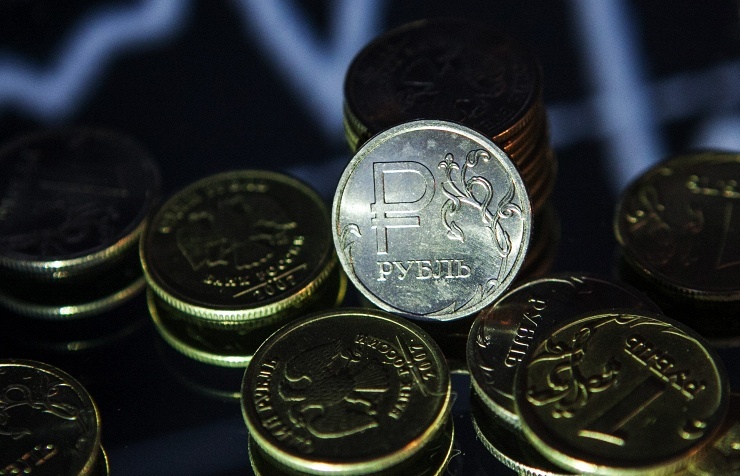The world’s top energy consumer, China, on Tuesday devalued its currency by the highest factor in two decades, cutting its daily reference rate by almost 2 percent. The measure was aimed at stimulating economic growth by reviving faltering exports. Earlier, Beijing said July exports had dropped 8.3 percent compared to a year earlier.
China’s devaluation of the yuan sparked a chain reaction across global markets, weighing on equities, emerging markets and commodities.
“This will trigger competitive devaluation around the world that will start in Asia, but definitely not end in Asia,” David Woo, Bank of America Corp’s head of rates and foreign-exchange research in New York, told Bloomberg.
Oil prices slipped further Wednesday to multi-month lows as China allowed its currency to drop for a second day.
“The Chinese yuan continues to weaken for the second day, which could suggest further weakening of oil prices,” Singapore-based brokerage Phillip Futures told Reuters.
Brent crude on London’s ICE Futures exchange fell 34 cents to $48.84 a barrel, close to a six-year low tested in January this year. US crude WTI futures were at $42.99 per barrel, down 9 cents from their last close, which marked its lowest level since March 2009.
Concerns about a widening oil glut increased after the OPEC’s Tuesday report about the increase in output for July. The cartel also claimed the return of Iranian oil to the market could make oil even cheaper than the current lows.
